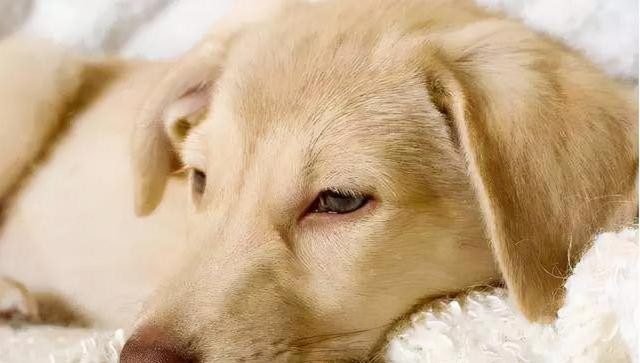
After pets ingest deworming medication, it is common for them to experience diarrhea, loose stools, and a loss of appetite. Why does this happen? Is the deworming medication toxic?
Generally, there are three reasons why diarrhea may occur after deworming:
- Stress response: Stress refers to the adaptive response of an organism to internal or external stimuli. It is normal for dogs and cats to experience mild vomiting, diarrhea, and a temporary decrease in appetite after deworming. After the deworming medication takes effect, parasites in the digestive tract may be stimulated, leading to damage to the intestinal mucosa and resulting in diarrhea and loose stools. Usually, these symptoms will improve within 1-2 days.
- Excessive dosage: Some pet owners may want to achieve better deworming results by administering a larger amount of deworming medication. However, exceeding the recommended dosage will not only fail to enhance the deworming effect but may also irritate the gastrointestinal tract and harm the body. Conversely, if the dosage is insufficient, the medication may be ineffective. It is important to strictly follow the instructions for deworming medication and administer it based on the weight of the dog or cat.
- Delicate gastrointestinal system: There are individual differences, and some dogs and cats may have naturally delicate gastrointestinal systems, making them prone to loose stools and diarrhea. This is especially true for young and elderly dogs and cats, who are more susceptible to diarrhea when exposed to medication. For pets with sensitive stomachs, probiotics can be fed during the deworming period to regulate the gastrointestinal system, protect the stomach and intestines, improve stress responses, and alleviate vomiting and diarrhea.
In addition, the timing of deworming medication administration is important. It is best to administer the medication between meals. Administer the deworming medication 2 hours after a meal and wait for 3 hours before feeding again. This approach can help avoid the irritation of an empty stomach, reduce the occurrence of vomiting and diarrhea, and ensure the effectiveness of deworming.
Please note that if the diarrhea persists or worsens after deworming, it is advisable to consult a veterinarian for further evaluation and guidance.

